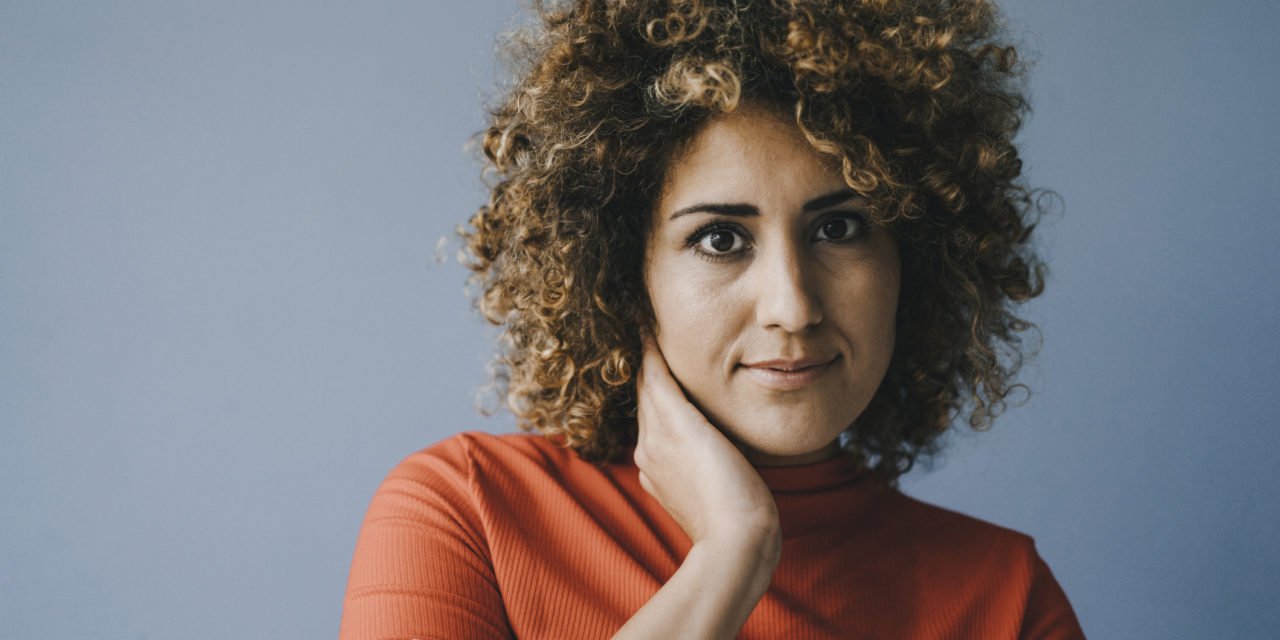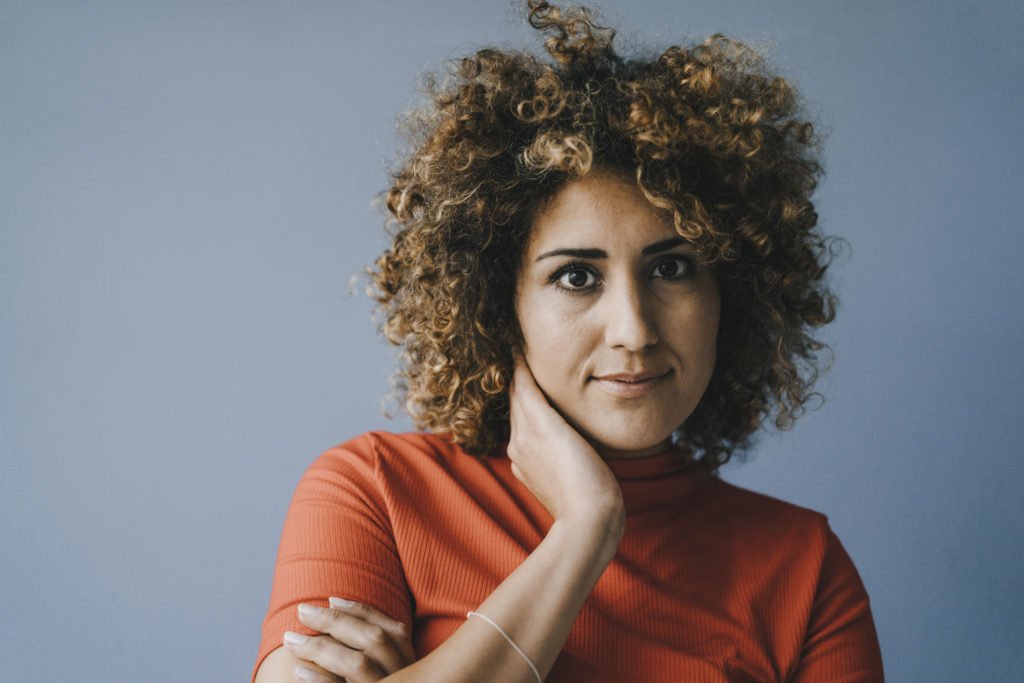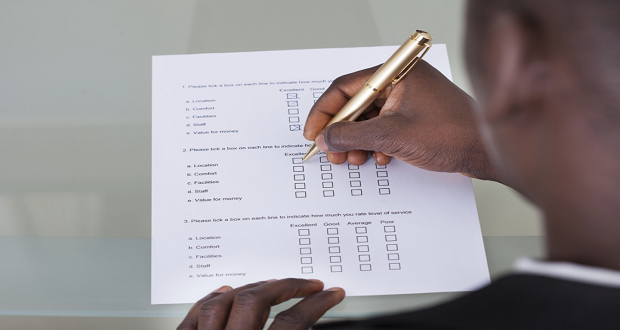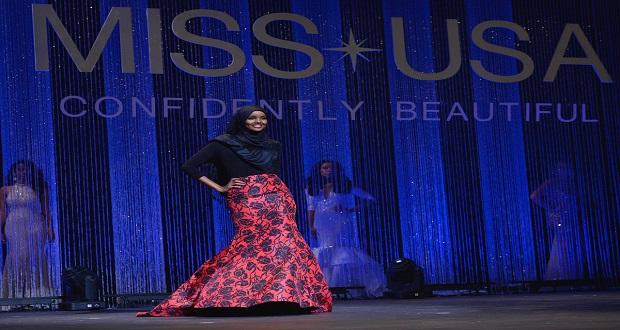I am mixed Egyptian and white, and I love being biracial. I can navigate differing cultural contexts with relative ease, I enjoy connecting with a wide variety of folx in a multitude of settings, and I take pleasure in deepening my non-Western cultural background. My racial identity has also been the source of an immense amount of pain. My white mother struggled with how to care for my unruly curly hair and would aggressively brush through it when it was dry (a major no-no for tight, thick curls), to the point of bringing me to tears. She now jokes that when I was 5 years old, she had my hair cut short for her birthday, to make things easier on herself. As a mother, I understand how hard parenting can be. However, the choice to “eliminate the hair problem” felt as though my natural hair was a burden for her, rather than something to be curious about, to celebrate, to work with, rather than work against. I am not alone in this; so many mixed children experience the pain of othering by their own families.
In broader society, my perceived racial identity is entirely context-dependent. In majority-white spaces, I’m usually made aware of my racial ambiguity in some way or another. In my predominantly white elementary and middle schools in Minnesota, I was teased and othered. As I got older, I had very little in common with my white extended family, nor did I speak the same language as my Egyptian family. Folx have touched my hair without consent, stared a little too long, or stumbled around ways to ask about my ethnic background without wanting to come off as offensive. I have been asked, more times than I can count, “What are you?”
Folx have touched my hair w/o consent, stared too long, or stumbled around ways to ask my ethnic background w/o wanting to come off as offensive. I have been asked, more times than I can count, 'What are you?' Click To TweetGenerally speaking, folx would just really love it if they could categorize me. The human brain naturally works this way; we struggle when things can’t be easily categorized. In fact, research from 2016 showed that white people with limited exposure to mixed-race people demonstrated a trust bias against them. I have been on the other end of a vague lack of trust with certain people in professional settings and suffice it to say, I feel this too.
Alice Walker coined the term colorism in 1984, which is defined as: prejudicial or preferential treatment of people based solely on their color. As a mixed-race person, colorism shades my experience within groups and between groups in ways that are constant, unpredictable and exhausting. I recognize that my particular racial make-up —being mixed with white — comes with an immense amount of privilege. As a result of white supremacy, we are socialized to see the white body as superior and the Black body as inferior. Because of my close proximity to whiteness, friends and family have said to me, “I don’t see you as a person of color!”, communicating the inherently racist idea that the Egyptian side of my identity is “lesser than.” I am foreign enough to be perceived as noticeably “different” but have white enough features that I’m still considered harmless, attractive and civilized by Western standards.
I recognize that my particular racial make-up —being mixed w/ white — comes with an immense amount of privilege. As a result of white supremacy, we are socialized to see the white body as superior and the Black body as inferior. Click To Tweet
I also commonly experience people telling me I am “exotic.” Maya Gittleman describes how exoticization is a manifestation of white supremacy and describes it perfectly:
“Exoticism designates something as ‘other’ but non-threatening; unfamiliar, but tamable; bizarre, but seductive, seductive in its bizarreness. When it comes to mixed people, this can be uniquely disgusting — as if complex racial backgrounds can be reduced to socially-constructed desirability as perceived by the Western male gaze.”
This resonates so deeply with my own experience.
As I write this, I am 34 years old, and this is my first time publicly sharing what my biracial experience in the U.S. has been like. And it certainly won’t be the last. My hope is that these aspects of my story will resonate with those who have similar backgrounds and provide insights for those who may not know the nuances of being mixed race in the U.S. As I continue to reflect, one thing is clearer than ever: the social construct of race is violent, messy and dehumanizing. But knowing the wholeness of who I am and how I relate to others grounds me into a level of self-love and authenticity that I plan to deepen for the rest of my life.
One thing is clearer than ever: the social construct of race is violent, messy & dehumanizing. But knowing the wholeness of who I am & how I relate to others grounds me into a level of self-love & authenticity. Click To TweetFurther Reading
If you’re interested in exploring more intersections when it comes to visual ambiguity, check out these resources on invisible disabilities and nonbinary gender expression. And as a general rule of thumb: let’s check our assumptions when it comes to our inclination to categorize people.




















